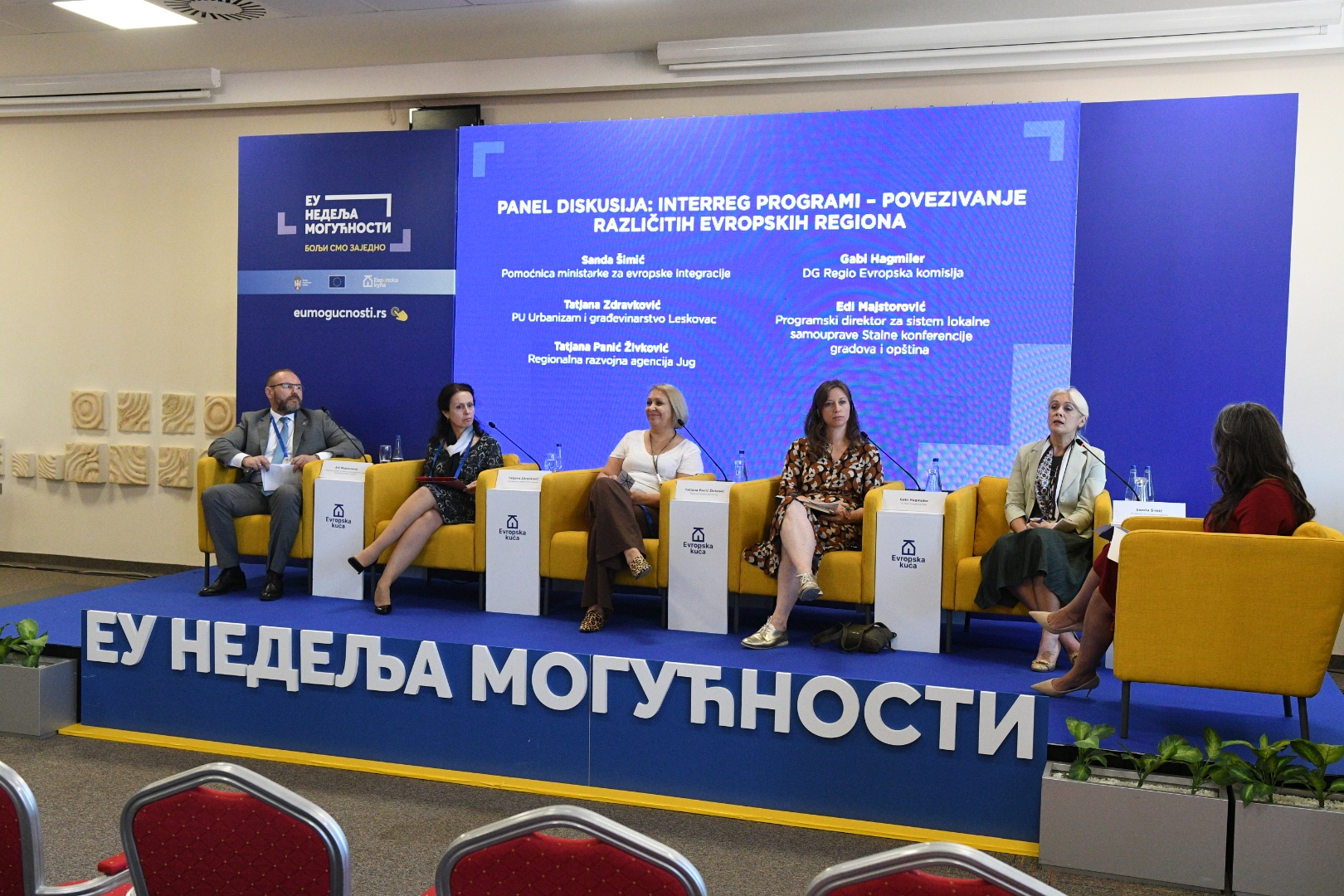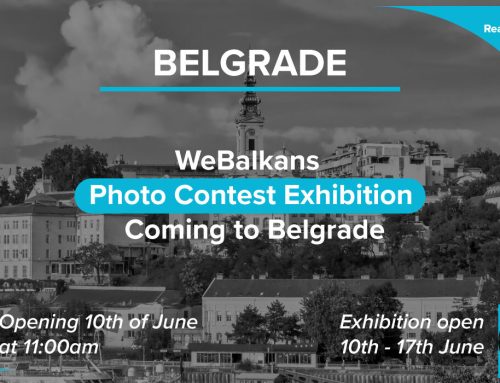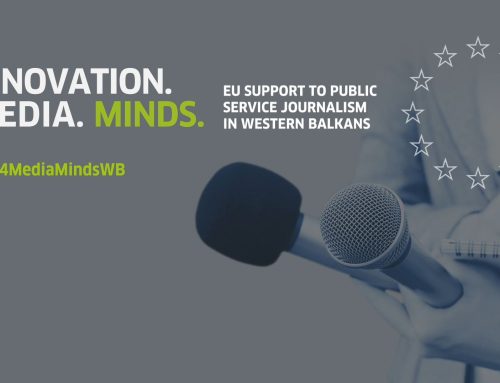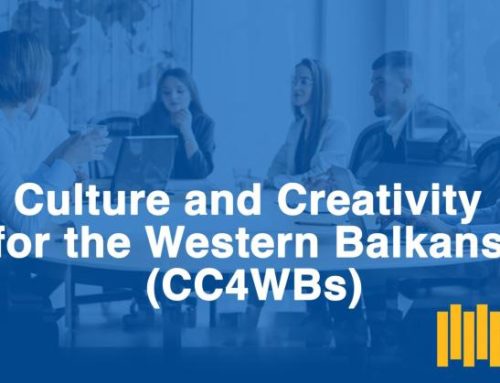The second EU Opportunity Week ended with a series of panels and info sessions in Niš, where the focus was on local development, territorial cooperation and green transition.
The program started with the opening speeches of the EU Ambassador to Serbia Emanuele Giaufret, the Minister for European Integration Tanja Miščević, the Deputy Minister for Local Self-Government of North Macedonia, Ercan Selimi and the Mayor of Niš Dragoslav Pavlović.
The officials emphasized the importance of all interested parties actively participating in the programs that the European Union provides to citizens, organizations and public administration in Serbia, as well as in other neighbouring countries.
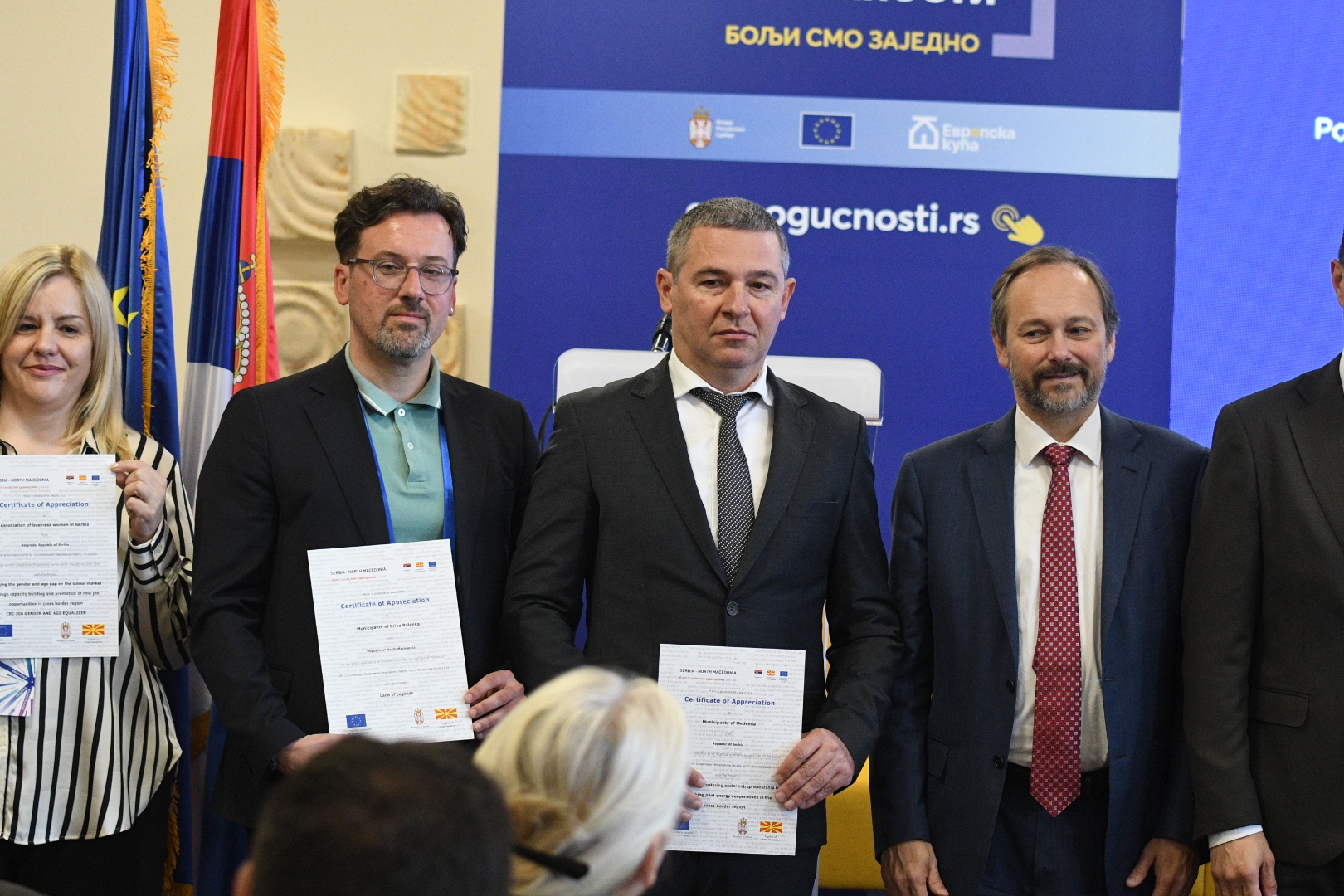
Certificates were also awarded to local self-governments and organizations from Serbia and North Macedonia, which in the previous period had already successfully implemented cross-border cooperation projects. Among them are, inter alia, non-governmental organizations from Leskovac and Skopje, the municipalities of Medveđa, Saraj and Kriva Palanka. They implemented projects focused on flood prevention, green tourism, social entrepreneurship.
The topic of the first panel was the importance of cooperation of different regions at the European level.
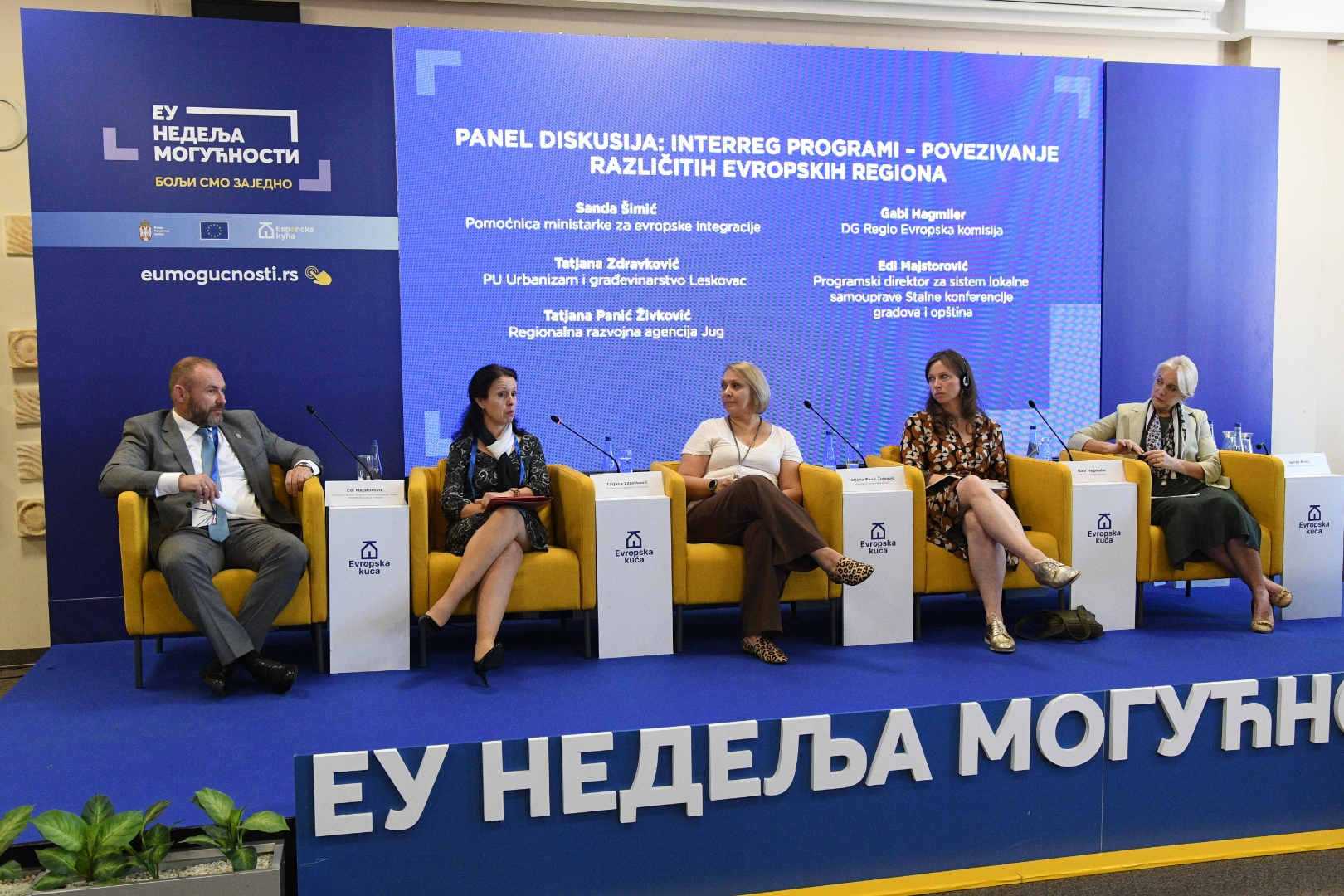
Assistant Minister for European Integration, Sanda Šimić, emphasized the importance of everyone getting involved in the consultation process regarding cross-border programs, as well as that the EU membership is important because such programs bring more funds.
“In the period of seven years, the Serbia-Romania program provided EUR 74 million, and the Serbia-North Macedonia program provided EUR 8.4 million. One project with Romania, Croatia or Hungary is, in financing terms, the entire seven-year allocation with North Macedonia. Many great things have been done through these programs in the past 20 years”, says Šimić.
Gaby Hagmuller from the European Commission’s DG Regional and Cohesion Policy states that through cohesion funds, the EU supports job creation, competitiveness and economic development in all parts of Europe.
“When the candidate countries from the Western Balkans become EU members, they will have to have systems and structures ready to manage and absorb these funds. On the example of Croatia, when they became a member of the EU, their budget for regional development increased from EUR 50 million form the pre-accession funds to over one billion euros overnight. This is a very complex task and requires structures that are ready for this task, as well as the full commitment of the authorities”, says Hagmuller.
Program Director of the System of Local Self-Governments of the Standing Conference of Towns and Municipalities, Edi Majstorović, says that the effects of participation in cross-border cooperation are very visible, both to citizens and employees in public administration.
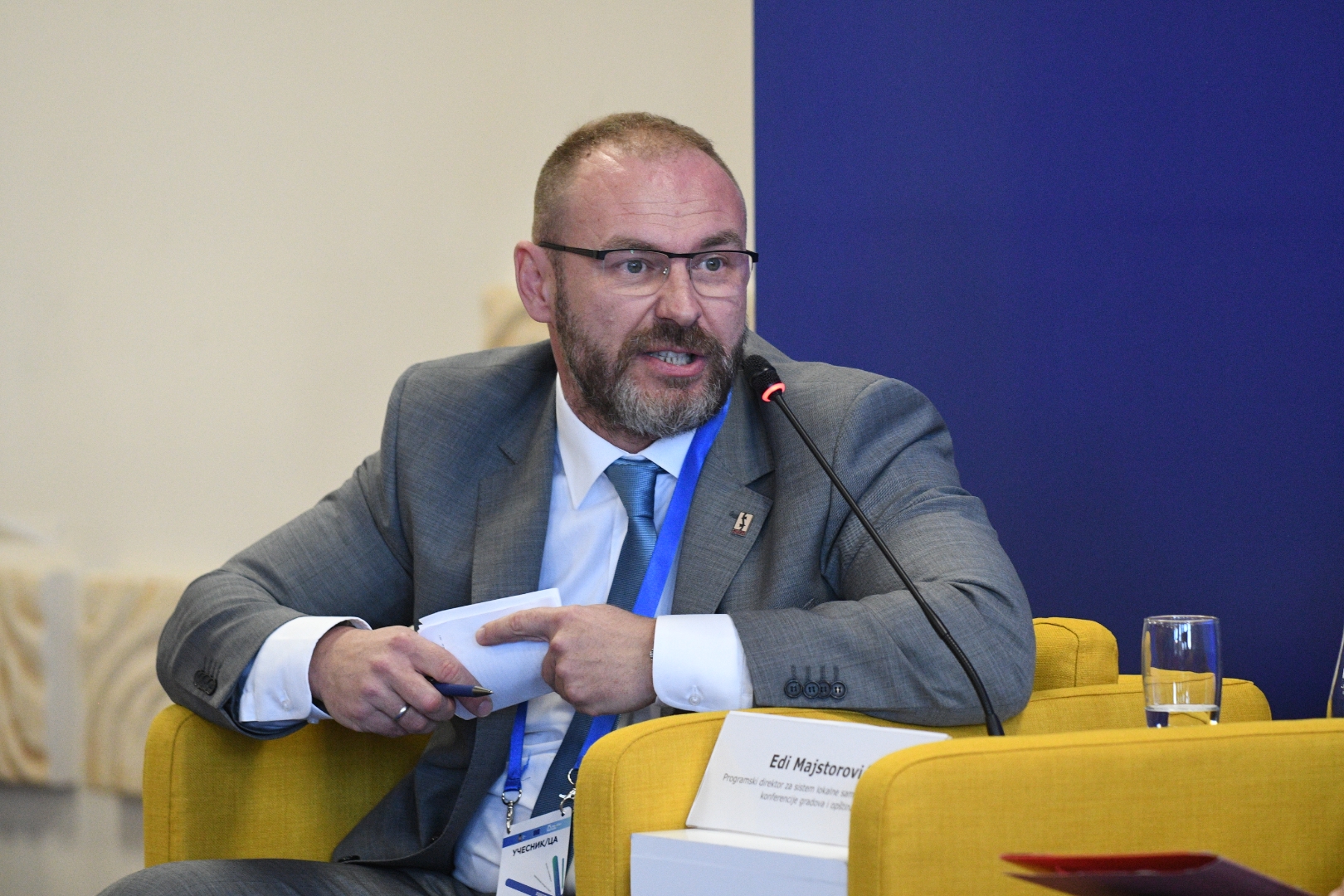
“Those municipalities and cities that were involved in these projects significantly improved their knowledge and skills, learned about the European procedures, encountered different ways of spending and planning. I think that is one of the biggest effects and we will have to continue to work intensively on it”, explains Majstorović.
The day continued with the presentation of various opportunities within the INTERREG program – from those with EU member states (Croatia, Bulgaria, Romania and Hungary), through cooperation with countries that are in the process of enlargement (Montenegro, Bosnia and Herzegovina, North Macedonia), to the program with a broader scope, like Adrion, cooperation in the Danube region or Urbact.
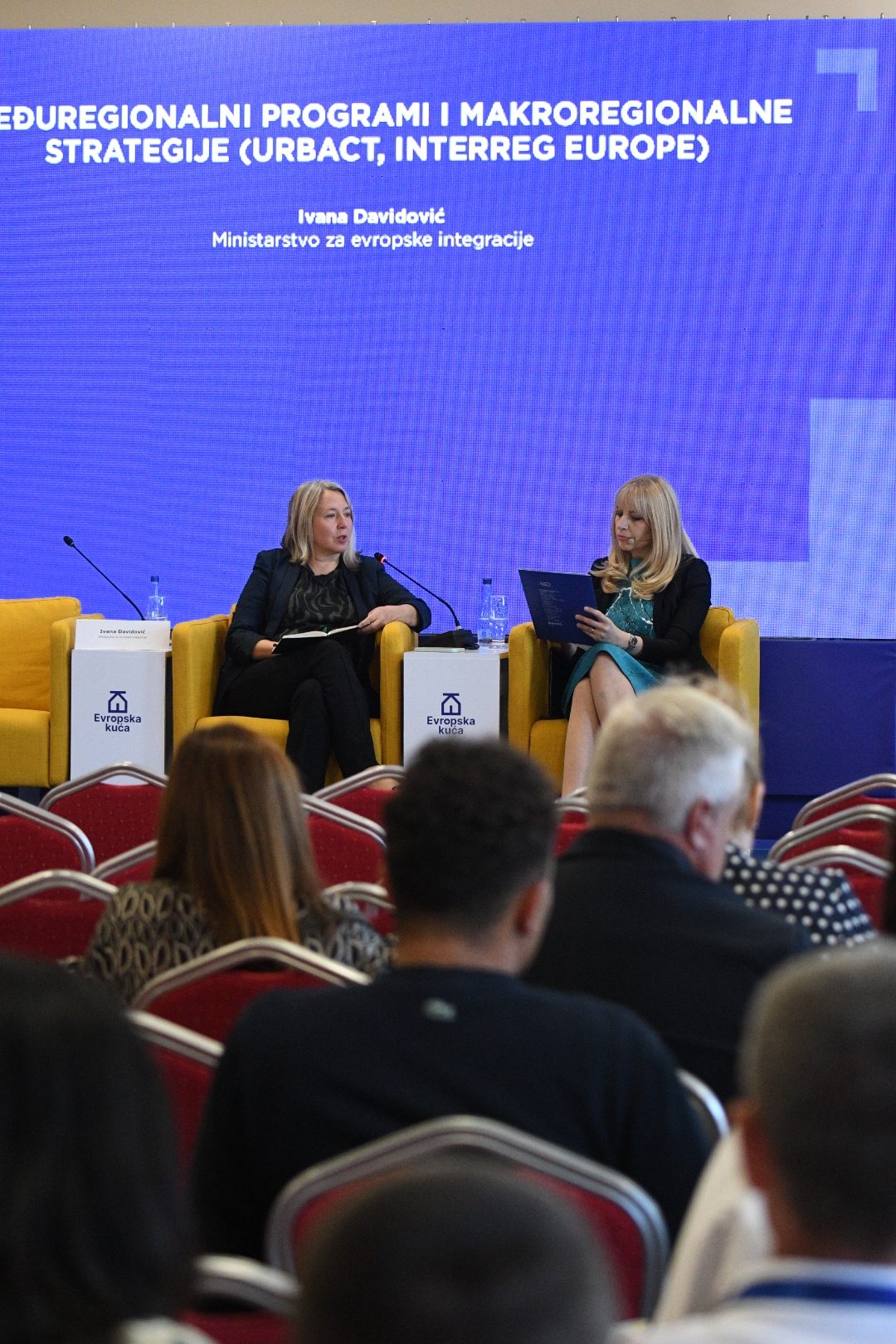
Those interested could hear relevant information from representatives of the European Bank for Reconstruction and Development, as well as to hear more about the opportunities offered by EU projects for the Green Agenda and Eco Municipalities, and Citizens, Equality, Rights and Values Programme, and the SaPRi program of the Standing Conference of Towns and Municipalities.
If you are not able to follow the program live or online, you will be able to find all the sessions on the EU YT channel in Serbia, after October 7.
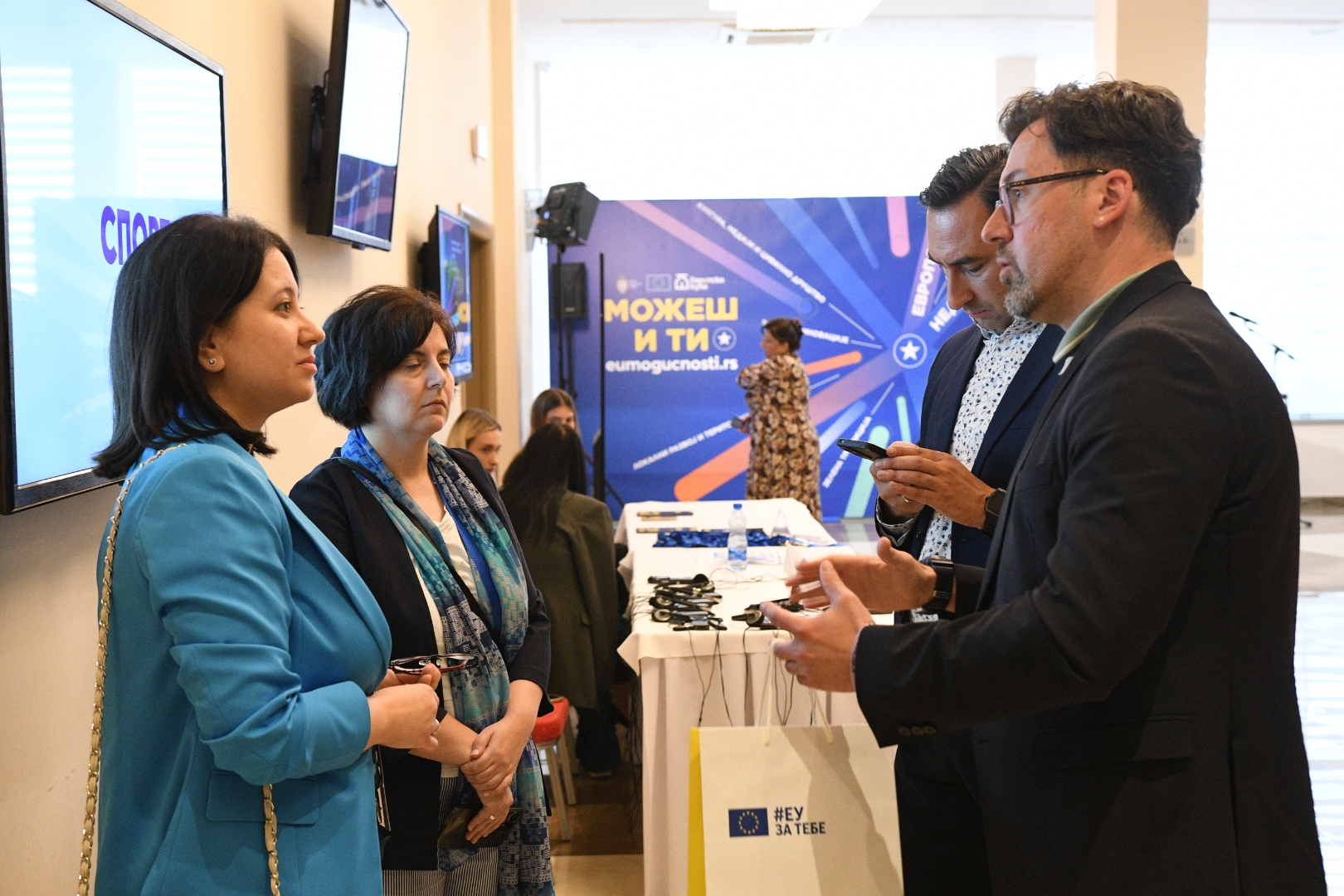
The European Opportunity Week, the second one in a row, is being held this year from September 23 to 27. The first four days cover the topics of business and innovation, culture, civil sector, media, education, youth and sports, local development, and the activities take place in the European House Belgrade. On the last day, panels on local development, territorial cooperation and green transition, as well as formal ceremonies and networking are held in Niš, at the “Tami” Hotel.
Find the detailed agenda and other details of the European Opportunity Week on the following page: https://eumogucnosti.rs/evropska-nedelja-mogucnosti/
During this event, you will have the opportunity to hear all about the most important European programs, projects and funds that are available in Serbia. Opportunities are numerous and include public calls, grants, loans, youth opportunities, student exchanges, competitions, skills development and free training.


